
US Tourist Visa: Planning a trip to the United States can be exciting, but the visa process often brings a mix of anticipation and anxiety. For Indian travellers, obtaining a US tourist visa, such as the B-2 or the combined B1/B2, is a crucial step that determines whether the journey can happen. While most applicants focus on presenting clear travel plans, financial stability, and strong ties to India, one factor is often overlooked: having relatives in the US. Depending on your situation, family connections in the US can either work in your favour or complicate your application. Understanding how these connections influence visa decisions can help applicants approach their application strategically and avoid common pitfalls.
Also Read: Earning Rs 2.76 Lakh A Month? Sweden Could Offer You PR
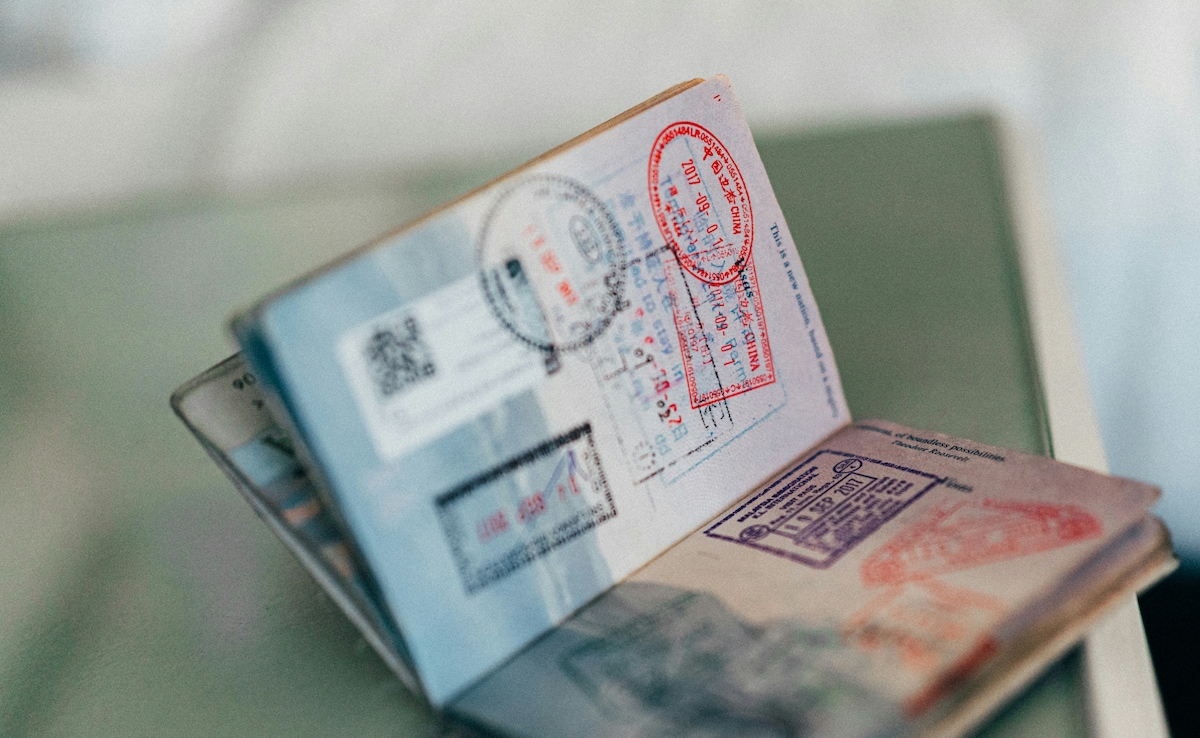
Photo: Unsplash
What Is A US Tourist Visa
A US tourist visa, also known as a B-2 visa, is intended for individuals travelling for:
- Leisure or sightseeing
- Short visits to family or friends
- Medical treatment
Unlike the Visa Waiver Program, which exempts certain nationalities, Indian travellers must apply for a visa before arrival. Understanding the requirements of a B-2 visa is essential to strengthening your application and avoiding potential pitfalls.
Why Relatives In The US Can Matter
Having family in the US can sometimes complicate a visa application. Factors that officers consider include:
- The relative's status, such as a US citizen, a green card holder, a student, or a temporary visa holder
- Compliance with US immigration laws
- The likelihood that family ties could influence your intention to stay
Family connections in the US might make the visa officer suspect that you could have an intention to stay rather than return to your home country. This directly affects how officers evaluate your overall ties and intent.
Also Read: UK Is Giving PR Visa To Indians: Here's How Much It Will Cost You

Photo: Unsplash
What US Visa Officers Look For During Your Interview
Visa officers assess whether an applicant will return to their home country based on:
- Family ties in India versus the US
- Financial stability and property ownership
- Employment and professional connections
Ben, a former US visa officer who worked in China and Colombia, explained in a YouTube video that context is key. For example:
- If your entire family resides in the US, it suggests stronger reasons to settle there
- If your connections, such as job, property, and immediate family, are rooted in India, it strengthens your case
Positive Impact Of Certain Family Ties In The US
Not all family connections are viewed negatively. Positive influences include:
- A sibling on a prestigious H-1B visa at a well-known tech company
- Family members who are economically secure and academically accomplished
- Relatives who have complied fully with US visa laws
These examples can reflect positively on your application, showing the visa officer that your family demonstrates responsible immigration behaviour.
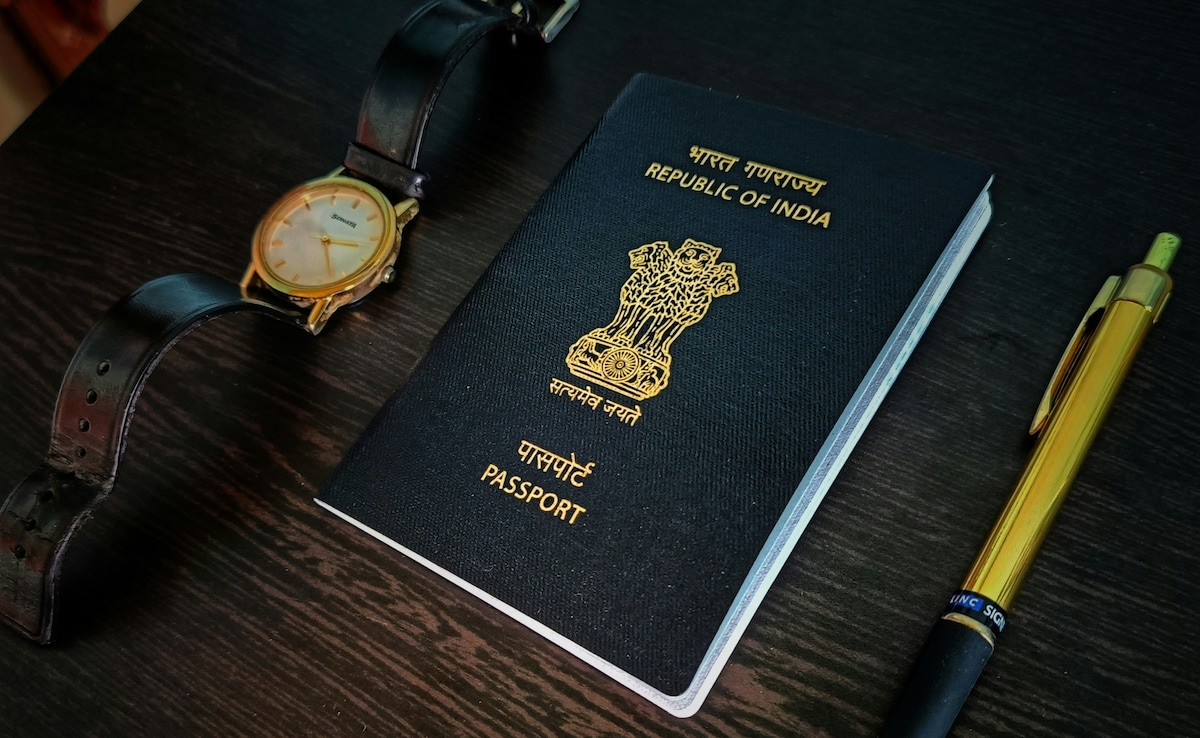
Photo: Unsplash
When Family Connections Work Against Your Visa Approval
Challenges arise if relatives in the US:
- Have overstayed visas or violated their status
- Converted temporary visas into permanent residence unlawfully or in ways that raise concern
- Demonstrated behaviour that officers may expect you to follow
Even a single relative's decision to overstay can cast doubt on your own intentions, influencing the outcome of your visa application.
Also Read: Flying To New Zealand? What You Can And Cannot Carry In Your Luggage
How To Use Family Connections To Your Advantage
Applicants can turn family ties into a strength by:
- Highlighting relatives who have followed visa rules responsibly
- Explaining how family members used visas correctly in the US, UK, Australia, or other countries
As Ben explains, "Returning from a place like that to your home country is a great indicator of the willingness and desire to return to your home country." Demonstrating this responsible behaviour strengthens your case.
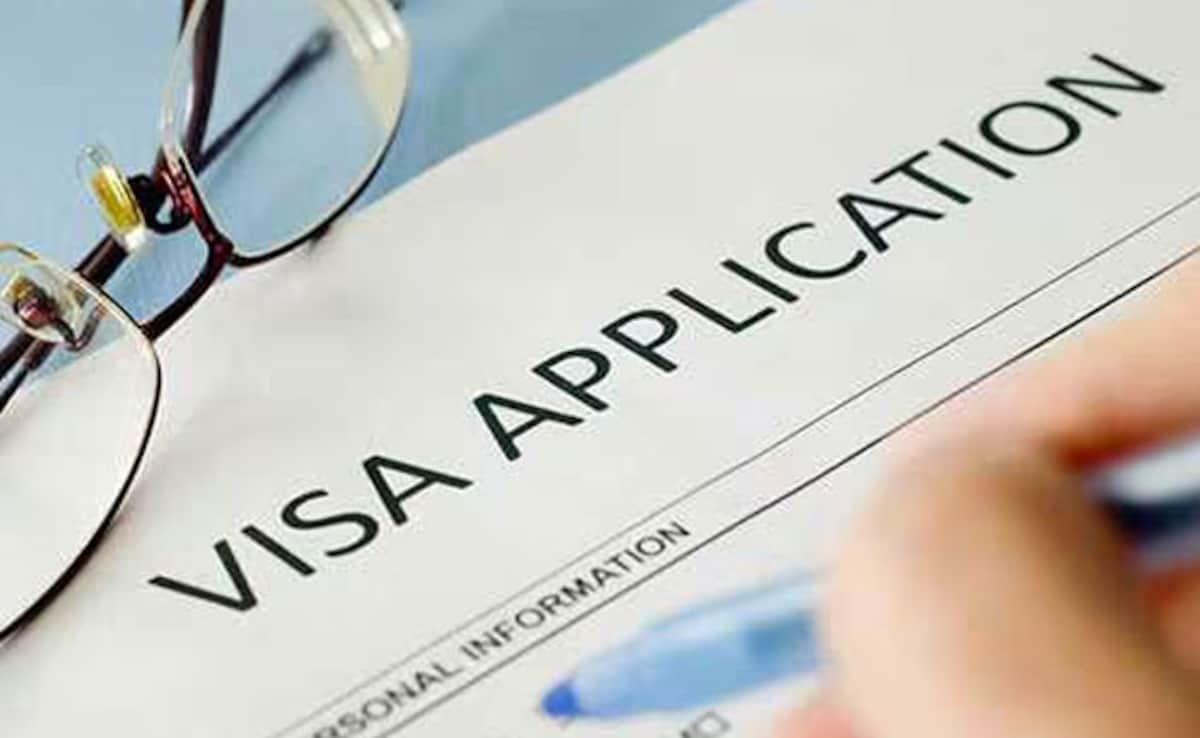
Documents And Evidence To Support Your Case
Providing supporting documents is crucial. Applicants should prepare:
- Employment letters and proof of ongoing work in India
- Property ownership documents
- Financial statements and bank records
- Family relationship proofs
- Confirmed return tickets
These documents reassure visa officers that you have strong reasons to return home, offsetting concerns about relatives in the US.
Common Mistakes That Lead To Visa Rejection
Common pitfalls include:
- Underestimating the role of family ties in the US
- Providing incomplete or inaccurate documentation
- Exaggerating travel plans or financial status
- Failing to explain how relatives have used visas responsibly
Being aware of these mistakes can improve the chances of visa approval.
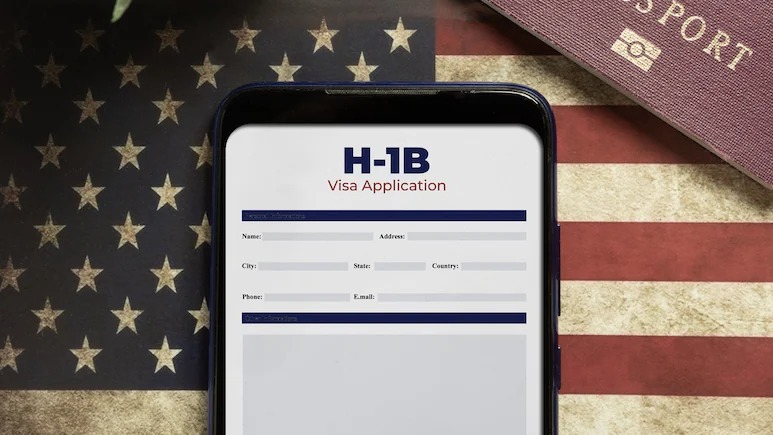
Interview Preparation Tips
To communicate effectively during the visa interview:
- Be concise, consistent, and truthful about relatives in the US
- Clearly explain your travel plans and timelines
- Demonstrate your commitment to returning home
Effect Of Previous US Travel On Visa Outcome
Previous international travel can strengthen your application, particularly if:
- You returned to India without violating any visa rules
- You have a history of compliance with immigration regulations
- This shows that you understand and respect visa requirements.
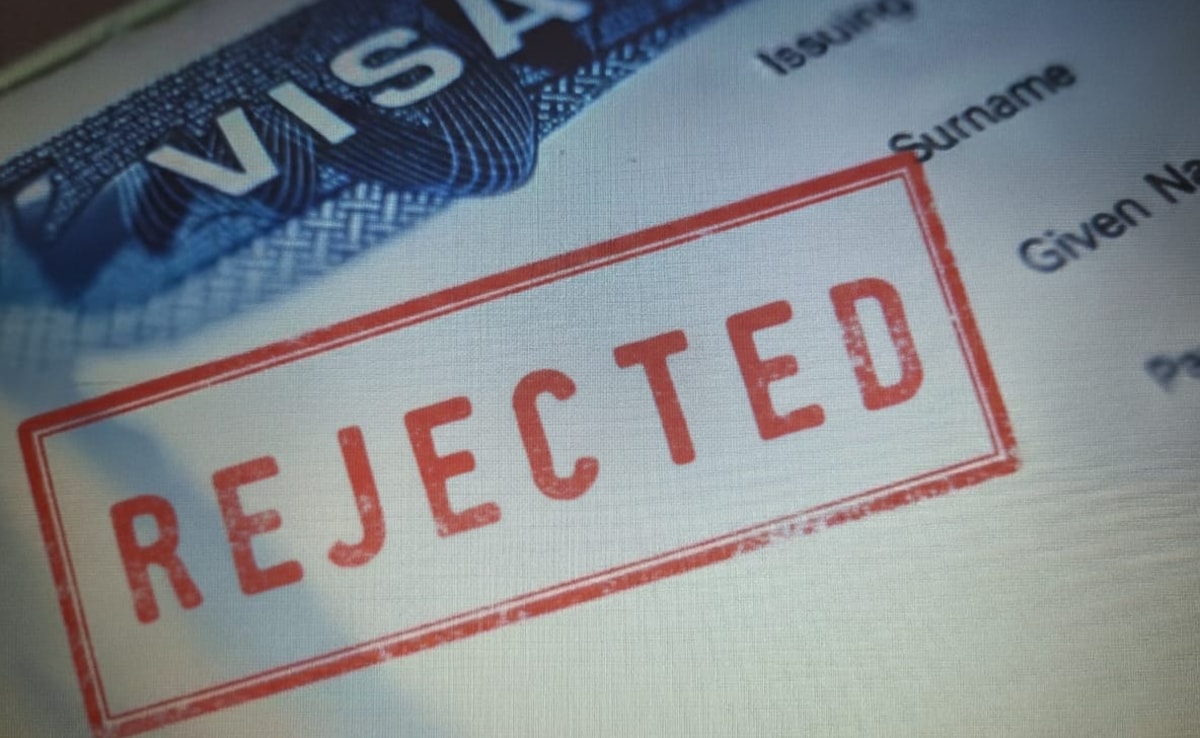
Why Strong Cases Still Get Rejected
Even financially stable travellers with prior international experience sometimes face rejection if a relative's record raises concerns. Visa approvals are based on a combination of:
- Family, financial, and professional ties
- Past behaviour and intent
- Interpretation of your connections to India
Having relatives in the US does not automatically mean a tourist visa will be rejected. However, their immigration status, history of compliance, and how officers perceive your ties to India are crucial. Applicants should be prepared to explain their travel plans clearly and demonstrate strong connections to home.
Track Latest News Live on NDTV.com and get news updates from India and around the world

